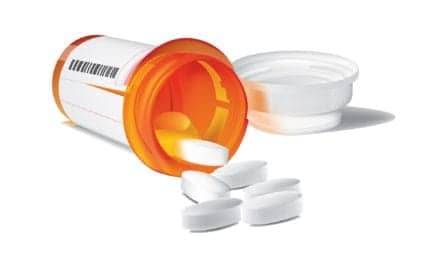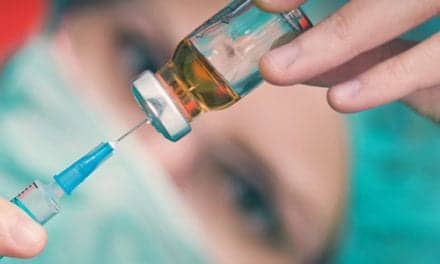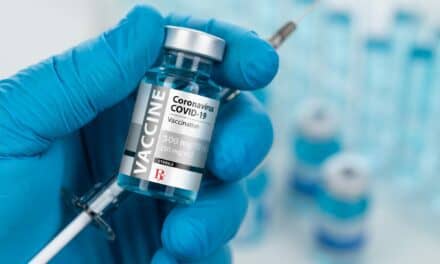A Phase 1 clinical trial to test the safety and tolerability of an investigational vaccine against respiratory syncytial virus (RSV) has begun at the National Institutes of Health Clinical Center in Bethesda, Maryland, according to an agency news release.
The trial also will assess the vaccine’s ability to prompt an immune response in healthy adult participants. The investigational vaccine was developed by scientists at the National Institute of Allergy and Infectious Diseases (NIAID), part of NIH.
Currently no vaccine to prevent RSV infection or drug to treat it is available. The monoclonal antibody palivizumab is licensed in the US for preventing serious lower respiratory tract disease caused by RSV in high-risk children, but it is not licensed for use in the general population.
“RSV is underappreciated as a major cause of illness and death, not only in infants and children but also in people with weakened immune systems and the elderly,” said NIAID Director Anthony S. Fauci, MD. “A vaccine to reduce the burden of this important disease is badly needed.”
The study, called VRC 317, will enroll healthy adults ages 18-50 years. Participants will be randomly assigned to receive two injections in the arm at 12 weeks apart with either the investigational vaccine or the investigational vaccine adjuvanted with alum. Alum is a chemical compound commonly added to vaccines to enhance the body’s immune response.
Participants will also be randomly assigned to receive one of three vaccine doses (50 micrograms, 150 micrograms or 500 micrograms) at both vaccination time points. Initially, five people will be vaccinated with the 50 microgram dose. If the initial group of participants experience no serious adverse reactions attributable to the vaccine, the study team will then begin to vaccinate participants at the next dosage level. They will repeat this stepwise process until they administer the 500 microgram dose.
Participants will return for 12 clinic visits over 44 weeks after the first injection. At these visits, study clinicians will conduct physical exams and collect blood samples. They will also test mucous samples from volunteers’ mouths and noses to measure the immune responses generated.
The study is being led by principal investigator Michelle C. Crank, M.D., head of the Translational Sciences Core in the Viral Pathogenesis Laboratory part of NIAID’s Vaccine Research Center (VRC). Study clinicians will conduct a daily safety review of any new clinical information, and a Protocol Safety Review Team will examine trial safety data weekly to ensure the vaccine meets safety standards.
The investigational vaccine, called DS-Cav1, results from years of research led by Barney S. Graham, MD, PhD, deputy VRC director, and Peter D. Kwong, Ph.D., chief of the Structural Biology Section and the Structural Bioinformatics Core at the VRC. The vaccine candidate is a single, structurally-engineered protein from the surface of RSV rather than a more traditional approach based on a weakened or inactivated whole virus. In 2013, VRC scientists tested several versions of the protein as a vaccine in mice and nonhuman primates. The protein variants elicited high levels of neutralizing antibodies and protected the animals against RSV infection. Drs. Graham and Kwong selected the most promising candidate, DS-Cav1, for clinical evaluation.
“This work represents an example of how new biological insights from basic research can lead to candidate vaccines for diseases of public health importance, and the value of multidisciplinary research teams like the ones assembled at the VRC,” said Dr. Graham.
The trial is expected to take one year to complete. For more information about the trial, visit clinicaltrials.gov and search identifier NCT03049488. For more information, visit about NIAID’s Respiratory Syncytial Virus (RSV) web page.
NIAID conducts and supports research — at NIH, throughout the United States, and worldwide — to study the causes of infectious and immune-mediated diseases, and to develop better means of preventing, diagnosing and treating these illnesses. News releases, fact sheets and other NIAID-related materials are available on the NIAID website.










